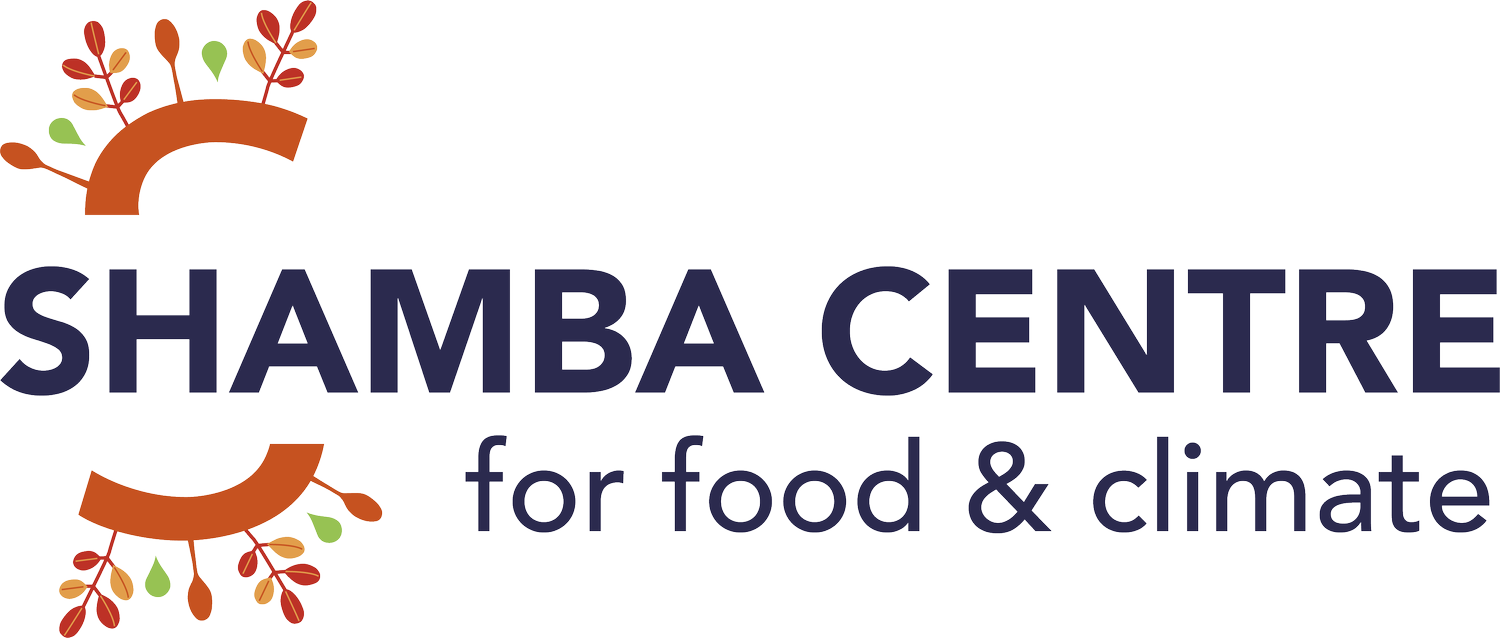Transitioning to healthier diets in Africa
Transitioning to healthier diets in Africa
The Shamba Centre and International Food Policy Research Institute (IFPRI) are working with political leaders in Ethiopia, Nigeria and Malawi to implement roadmaps for sustainable food systems that will also help these countries improve nutrition and deal with the realities of climate change. We will lower one critical barrier to better resilience - the lack of cross-ministerial coordination by working with several ministries - health, trade, agriculture, and the environment.
We will also look at what is preventing the rollout of the last mile technologies. These include renewable technologies for rural electrification, water-efficient irrigation, climate and oil smart seeds and planting techniques, investment in energy-efficient processing, storage and transport and circular business models to reuse farming and processing waste.
All these solutions also require investment. We are already engaging with the ministries on increasing public budgets, matching development assistance and attracting capital from blended climate funds.
The roadmaps for sustainable food systems that form the baseline for this work were developed by IFPRI and the International Institute for Sustainable Development (IISD), in close collaboration with health and agricultural ministries in each country.
Write to Francine Picard join the upcoming meetings in Ethiopia, Nigeria and Malawi.
We are grateful to GIZ and IFPRI for their generous contribution to support this work.
Food system transformation: How to end hunger sustainably and nutritiously
Conflict, climate shocks, COVID-19 and the spiraling costs of food and fuel, are rising inequality, pushing more and more people into critical levels of food insecurity, hunger, and malnutrition. Simultaneously the levels of overweight, obesity, and diet related non-communicable diseases are increasing as African agri-food systems are failing to ensure healthy, safe, and nutritious diets for all.
Food systems must be transformed in a way that they provide sufficient food for all, improve incomes and productivity for small-scale producers, make diets healthier and more affordable, reduce greenhouse gas emissions. These objectives that often compete require policy pathways that favor synergies, and limit the trade-offs and promote evidence-based solutions to support decisive, effective, and well-targeted investment.
Join Shamba Center for food and Climate and IFAD at the African Green revolution Forum in Kigali on Monday 5th October 2022 .
We will provide an opportunity for policy makers, practitioners to share evidence-based solutions, good practices, lessons learned, including innovative approaches for food system transition pathways, and their associated cost, for how to improve nutrition outcomes through healthy diets.
Panelists
Honourable Lobin C. Lowe, M.P., Minister of Agriculture, Malawi
Sara Mbago-Bhunu, Director of IFAD’s East and Southern Africa Division
Ann Turinayo, IFAD Country Director, Burkina Faso
Malichaba Rosa Nkhethoa Matla, Project Director of Lesotho Small-holder Agriculture Development Project
Fungai Kutyauripo, Nutrition Officer in IFAD’s Smallholder Irrigation Revitalization Programme
Makki Abdalla Adam Elmaleih, Private Sector Specialist for Integrated Agriculture and Marketing Development Project, IFAD
Amath Pathe Sene, Lead Environment and Climate specialist, IFAD
Moderation
Francine Picard Mukazi, Director of Partnerships, Shamba Centre for Food and Climate
Nomindelger Bayasgalanbat, Senior Technical Specialist Nutrition, IFAD

